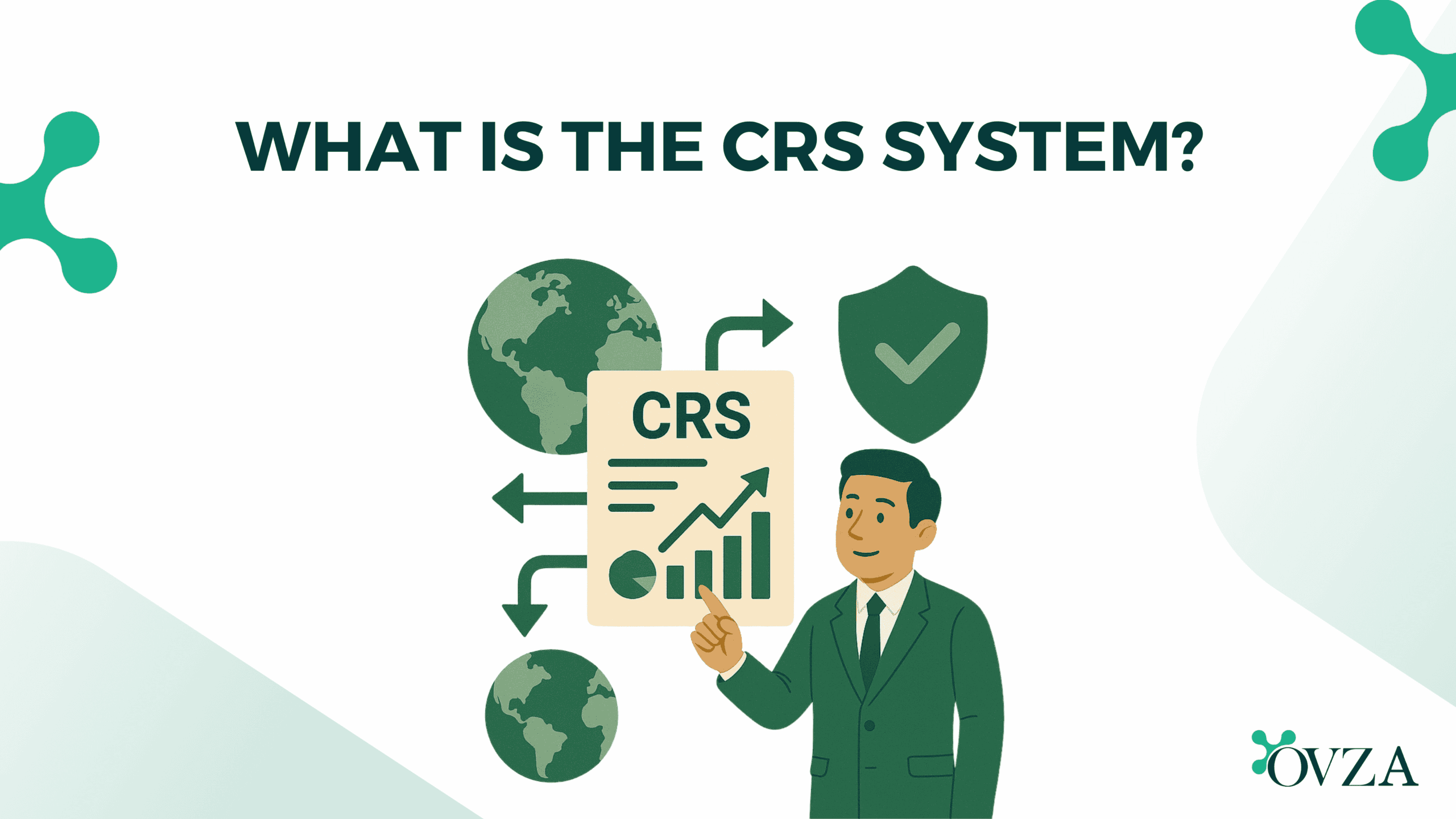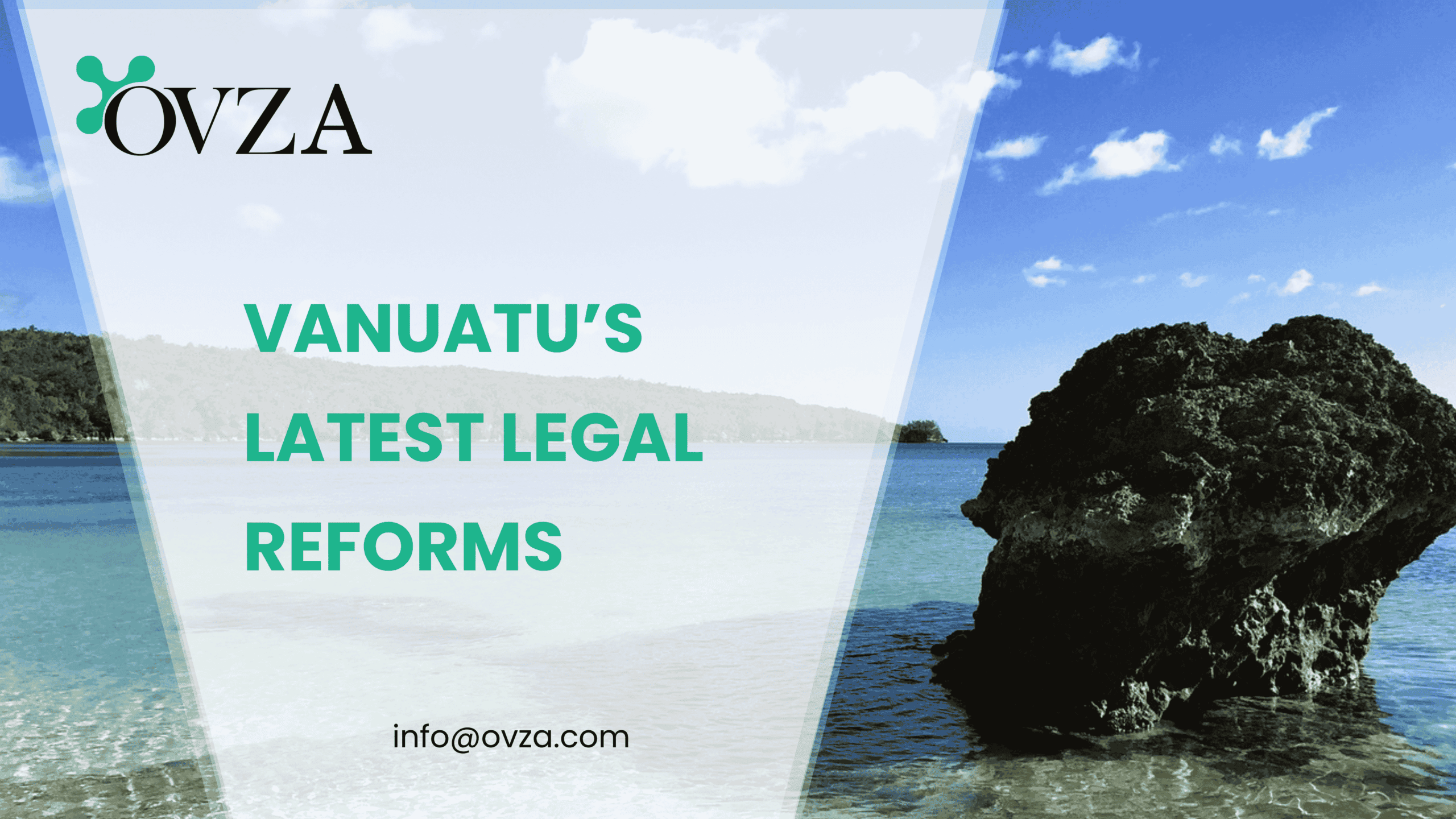At its core, the CRS system operates on a simple but powerful principle: the automatic exchange of information. When people ask what is the CRS system meant to achieve, the answer is clear—it obligates financial institutions to determine the tax residency of their clients, whether they are individuals, corporations, or trusts. Once identified, banks must collect details such as balances, dividends, interest, and proceeds from sales.
In practical terms, what is the CRS system doing for offshore accounts? It removes the secrecy that once defined cross-border banking. Under the CRS system, a client in Europe with funds in a Caribbean bank can no longer expect anonymity. The local bank reports the data, the tax authority processes it, and the information flows back to the client’s home country. The OECD designed this mechanism to ensure no wealth slips through unnoticed.
Finally, what is the CRS system changing in the global landscape? Its adoption by nearly every major economy makes relocation of assets to avoid scrutiny almost impossible. Even though the United States relies on its own FATCA framework – which runs parallel to the CRS system – the CRS system still covers nearly all significant jurisdictions.
Impact of the CRS System on Offshore Banking
The CRS system has fundamentally changed the landscape of offshore banking. In the past, individuals could open offshore accounts in jurisdictions that offered strict banking secrecy, confident that their home tax authority would never learn of the funds. Today, those same jurisdictions must comply with OECD rules and participate in the automatic exchange of information, making secrecy no longer an option.
This shift has forced offshore banks to redesign their services. Many now emphasize compliance-driven products, wealth management solutions, and legitimate cross-border investment strategies rather than offering anonymous accounts.
For clients, the CRS system means that offshore accounts can still be valuable tools, but they must be used with full transparency and declared in tax filings. The allure of using offshore banking purely to hide assets has effectively disappeared.
At the same time, banks face increased administrative costs to comply with CRS reporting. Gathering, verifying, and transmitting information requires investment in compliance teams, software, and international legal expertise. Some smaller offshore banks have exited the market altogether, unable to meet the demands of the CRS system. Others have consolidated, creating larger financial institutions with stronger compliance capabilities.
Benefits and Criticisms of the CRS System
While the CRS system has been praised for promoting tax transparency, it is not without criticism. Supporters argue that it has successfully closed loopholes that enabled individuals and corporations to exploit offshore accounts for tax evasion. According to the OECD, billions in undeclared assets have already been identified through the automatic exchange of information, giving governments new resources for public spending and reducing inequality between taxpayers who comply and those who do not.
On the other hand, critics contend that the CRS system can create burdens for ordinary individuals who use offshore structures legally. Expatriates, for example, often rely on offshore accounts to manage finances in different countries. Yet the reporting requirements sometimes lead to double taxation or unnecessary scrutiny.
There are also concerns about data security: with sensitive financial details being shared across borders, the possibility of leaks or misuse is a legitimate risk.
Another criticism is the uneven adoption of the CRS system. Although over 100 jurisdictions participate, some countries and territories remain outside the framework. This creates “blind spots” where certain assets can still be placed, albeit with increasing difficulty. The OECD continues to push for universal adoption, but the absence of the United States—operating under its separate FATCA regime—remains a notable gap.
Compliance Challenges for Individuals and Companies
For both individuals and businesses, the CRS system has introduced a new compliance environment. Those who maintain offshore accounts must now ensure that their financial records, tax filings, and disclosures align perfectly. In many cases, this requires hiring tax advisors or legal professionals to navigate complex reporting requirements.
Companies that use international structures, such as holding companies or investment vehicles, must be especially cautious. Under the CRS system, ownership transparency has become unavoidable. Shell companies, nominee arrangements, and other structures once used to disguise beneficial ownership are now routinely exposed through the automatic exchange of information. As a result, legitimate offshore planning today must prioritize compliance, substance, and genuine business purpose rather than secrecy.
At the same time, tax authorities worldwide are becoming more sophisticated in their use of CRS data. Many now employ advanced analytics to identify inconsistencies, cross-check filings, and detect patterns of evasion. This makes it increasingly difficult for undeclared wealth to remain hidden, even in jurisdictions with traditionally lax oversight.
Economic Effects of the CRS System
The introduction of the CRS system has had far-reaching economic consequences. On a global scale, the OECD reports that governments have identified and recovered billions in previously undeclared funds thanks to the automatic exchange of information. This influx of revenue strengthens national budgets, providing greater capacity for investment in infrastructure, healthcare, and public services.
For the offshore industry, the CRS system has altered demand. Jurisdictions that once thrived on secrecy-driven business models have had to pivot toward legitimate financial services. Countries in the Caribbean and Europe that built their reputations on offering tax-neutral environments for offshore accounts now market themselves as compliant hubs for international finance. Rather than selling secrecy, they emphasize efficiency, modern regulation, and global connectivity.
At the same time, investors and entrepreneurs face higher costs of compliance. What was once a straightforward process of opening an offshore account now involves greater due diligence, paperwork, and ongoing monitoring. Yet these costs are generally accepted as the price of legitimacy, especially as reputational risks for companies and individuals avoiding the CRS system far outweigh the administrative burden.
The Future of Tax Transparency Under CRS
Looking forward, the CRS system is likely to expand both in scope and sophistication. Already, discussions within the OECD suggest that new types of financial assets, including certain digital currencies, may eventually fall under the umbrella of the automatic exchange of information. This would close a gap that some taxpayers currently exploit by holding wealth in digital or alternative assets outside traditional banking systems.
Another likely development is the push for universal adoption. While over 100 jurisdictions have signed on, the absence of full global coverage still creates opportunities for arbitrage. In particular, the fact that the United States has not adopted the CRS system, relying instead on FATCA, leaves a major player outside the framework. The OECD continues to encourage alignment between the two systems, but whether political will exists remains uncertain.
From a compliance perspective, financial institutions can expect stricter oversight. Regulators are developing advanced algorithms and artificial intelligence tools to process CRS data more effectively, enabling faster detection of anomalies. As the system matures, the automatic exchange of information will not just expose undeclared offshore wealth but also help governments anticipate and prevent emerging tax avoidance strategies.
Not All Countries Use the CRS System
Although the CRS system has been adopted by more than 100 jurisdictions, it is not truly universal. Several countries have chosen not to participate, meaning that the automatic exchange of information is not applied everywhere. For example, the United States does not use the CRS system but instead relies on its own domestic framework, the FATCA, which obligates foreign banks to report information about American taxpayers.
Other countries such as Cambodia, Montenegro, Georgia, and the Dominican Republic have also not joined the CRS. This uneven participation creates gaps in global tax transparency, although the influence of the OECD and the broad coverage of most financial centers ensures that the majority of traditional offshore accounts now fall within the reporting net.
| Country / Jurisdiction | CRS Participation |
| United Kingdom | Yes |
| Germany | Yes |
| France | Yes |
| Switzerland | Yes |
| Singapore | Yes |
| Hong Kong | Yes |
| United Arab Emirates | Yes |
| Cayman Islands | Yes |
| Belize | Yes |
| Seychelles | Yes |
| Mauritius | Yes (Participating) |
| Panama | Yes |
| British Virgin Islands | Yes |
| Bahamas | Yes |
| Monaco | Yes |
| United States | No (Uses FATCA only) |
| Cambodia | No |
| Montenegro | No |
| Georgia | No (For Now) |
| Dominican Republic | No |
Conclusion
The CRS system has reshaped the offshore industry by making tax transparency and the automatic exchange of information global standards. While some countries, like the United States, rely on their own systems such as FATCA, most major financial centers are part of the CRS. For anyone using offshore accounts, compliance is now essential, and working with experienced advisors ensures that international structures remain efficient, transparent, and secure
Disclaimer: The information provided on this website is intended for general reference and educational purposes only. While OVZA makes every effort to ensure accuracy and timeliness, the content should not be considered legal, financial, or tax advice.












